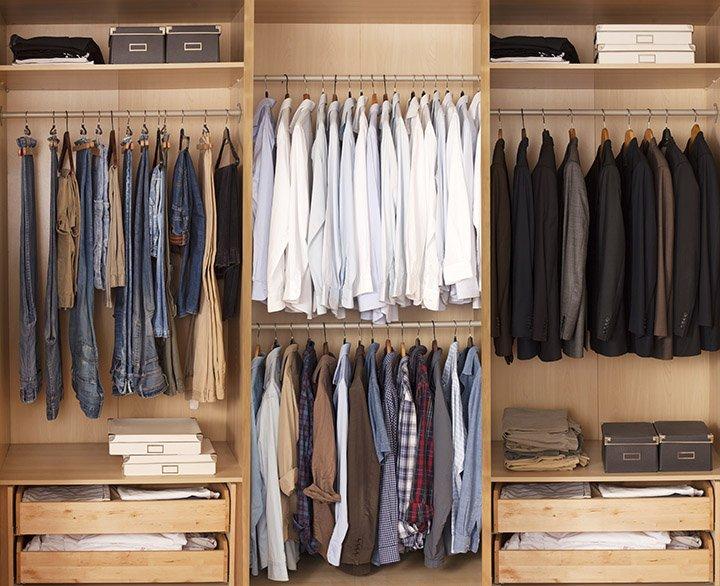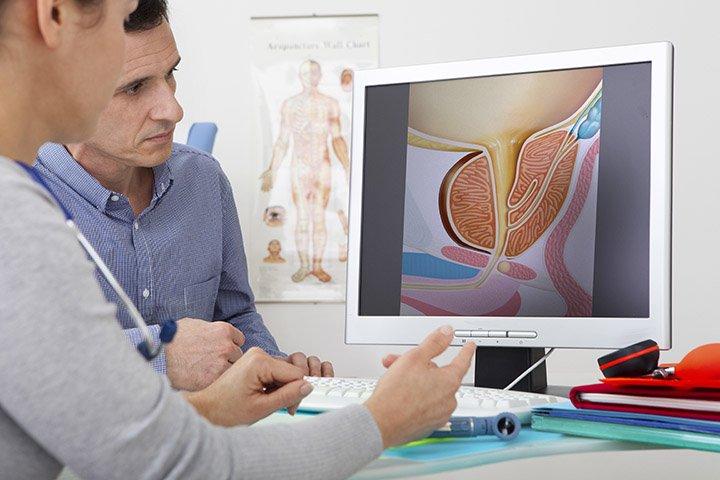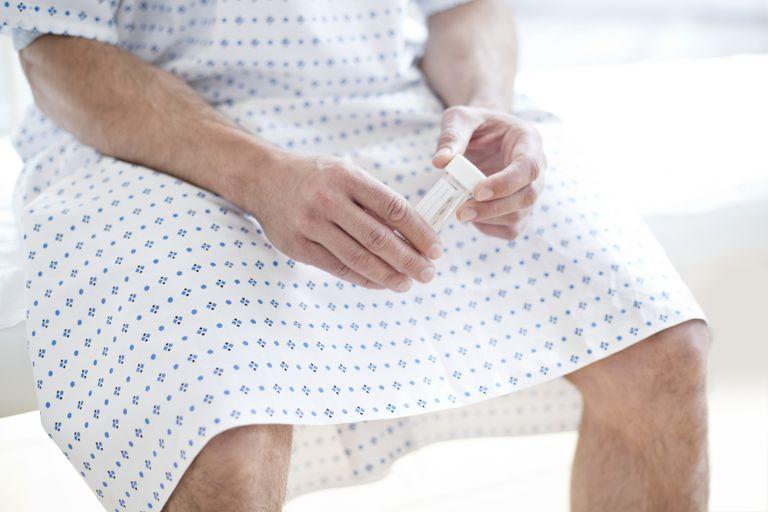Posts by Naira Aiello
Risk Factors: What Kinds of Medical Conditions Can Put You At Higher Risk For Diabetes?
Diabetes increases the risk of a number of health problems, including incontinence. Despite growing awareness of associated complications, the number of people diagnosed with diabetes continues to grow. Are you at risk for diabetes? You may be if you have one of the following medical conditions. High blood pressure Your blood pressure should be no…
Read MoreIs Incontinence Forever?
Is incontinence forever? Although there is no one size fits all answer to the question of permanent incontinence, it is safe to say that in most cases it is not forever. The duration and treatment of incontinence depends on the type and cause. In many cases, once the underlying issue is addressed, symptoms of incontinence…
Read MoreCatheters vs. Diapers vs. Other Absorbents: What Are The Pros and Cons of Using An External Catheter Over An Adult Diaper?
Trying to decide on the best option for living well with incontinence? Consider the pros and cons of the most common options, adult diapers and external catheters. Adult diapers and external catheters – What’s better? Here we will be talking about the benefits and cons of adult diapers and external catheters. Benefits of adult diapers…
Read MoreWhat are the Best Types of Clothing To Wear With Incontinence?
Living with incontinence can impact your life in ways you may not realize at first. Knowing what to expect and planning ahead can reduce frustration and stress. The type of clothing to wear with incontinence is one example. Ideally, you want to wear clothing that makes your life easier. Your clothing choices might be guided…
Read MoreWhat Types of Things or Situations Make Incontinence Worse?
One way to manage incontinence symptoms is to understand what kinds of things make it worse. Here are some things that make incontinence worse to look out for: Certain medications Check labels and talk with your doctor if you notice that any medications you are taking worsen incontinence. Common culprits include antidepressants, high blood pressure…
Read MoreHow To Enjoy the Fall Outdoors and Travel Without Worrying Where Your Next Rest Stop Is
Cooler temperatures and vibrant colors make fall a great time to enjoy outdoor activities. Why not go for it? Worries about accidents won’t steal the fun when you travel with Men’s Liberty. What is Men’s Liberty? Men’s Liberty is a game-changer. Our unique, external catheter system is a discreet, dignified option for men experiencing urinary…
Read MoreWhat Types of Catheters Are Available For Men?
What Types of Catheters Are Available For Men? There are four common types of catheters. The right one for you will depend on your individual circumstances. Learn more about each below. Intermittent catheter Much like the name suggests, you use this type of catheter throughout the day to empty your bladder when needed. A tube…
Read MoreHow Does the Male Urinary System Work and How to Prevent Infection?
The male urinary system performs several vitally important functions we don’t often think about until there is a problem. Learn more here about how the system works. The male urinary system The main parts of your urinary system include the kidneys, urethra, sphincters, ureters, and bladder. The urinary system filters the blood. The nutrients you…
Read MoreWhat solutions are available for incontinence caused by cancer?
Incontinence care after cancer has advanced significantly in recent years. Your doctor can help you understand options and after discussing your treatment goals, help you decide what is right for you. Here are just a few of the available choices. Behavioral changes Living with incontinence can be frustrating. Although a lot of men find that…
Read MoreWhat can I use to manage my incontinence after leaving the hospital?
Incontinence after surgery and radiation is common and manageable. The problem is caused by changes in the bladder, sphincter, and valves involved with controlling the release of urine. Many men find that incontinence is resolved or improved within 6 to 12 months. These tips can help with incontinence management. Be proactive Perhaps the most important…
Read More









